Caring For Strangers
Emergency room physicians have to make sense of and care for complete strangers every day. A recently retired ER doctor looks back at lessons he’s learned that are applicable to everyone’s life.

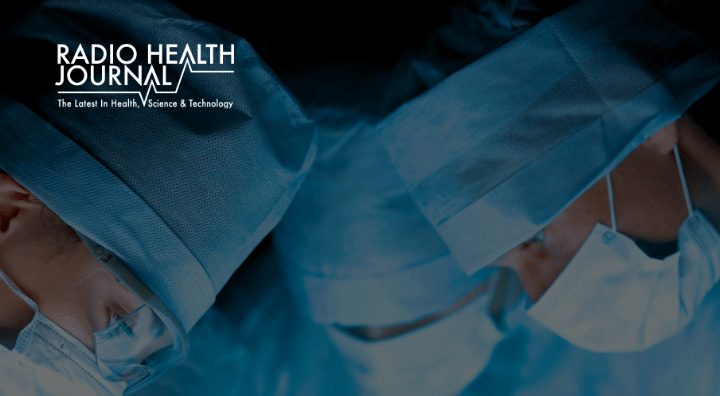
Emergency room physicians have to make sense of and care for complete strangers every day. A recently retired ER doctor looks back at lessons he’s learned that are applicable to everyone’s life.

Most people procrastinate at least now and then. But when we put something off, we’re usually facing not a time management problem, but an emotion management problem. Experts discuss what’s going on in our heads when we procrastinate.

The Scientific reports the rotavirus could give children some protection against diabetes. Then, studies showing a rough childhood can have an affect on development. Skin biopsies are costly and invasive but a new virtual biopsy device could change all of that. Finally, are you a dog person? A study in Sweden says it's genetic.

Studies show a rudeness epidemic in the US, and that people are profoundly affected when they experience or even witness it occurring to someone else. Two experts discuss.

Vitamin B9 is an essential nutrient, and now new research shows supplementation is more important than we thought. Then, If you ever fibbed to your doctor, you're not alone, and scientists have found a specific genetic mutation that causes frontotemporal Alzheimer's. Finally, forcing kids to apologize and recent studies that show how it usually backfires.
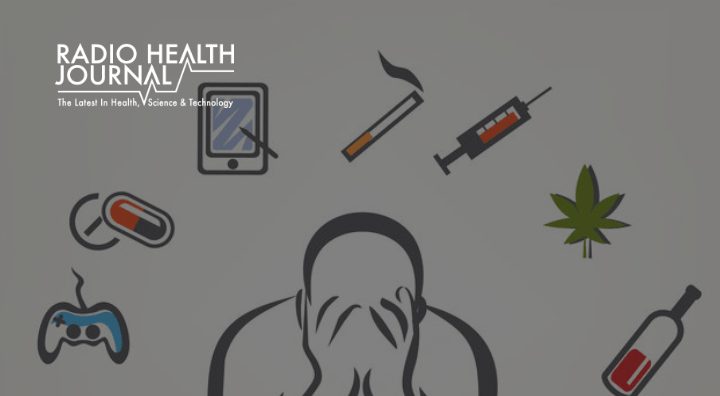
Does addiction affect all of us in some degree? A noted addiction specialist and author believes we are all somewhere on the addiction spectrum, from bad habits to full-blown addiction. He discusses how small triggers can push people to seek relief, producing deepening decline.
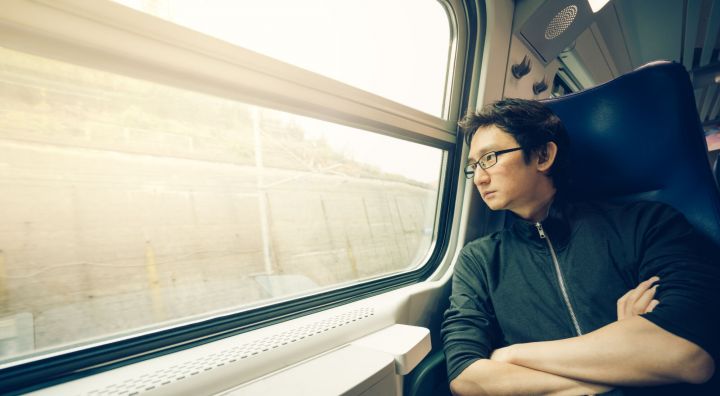
What we now call “homesickness” used to be a medical diagnosis called “nostalgia,” and it was considered life-threatening. Today many people consider homesickness to be a childish emotion, but an expert says it’s nothing to be ashamed of. We all suffer from it sometime and need to know how to cope.
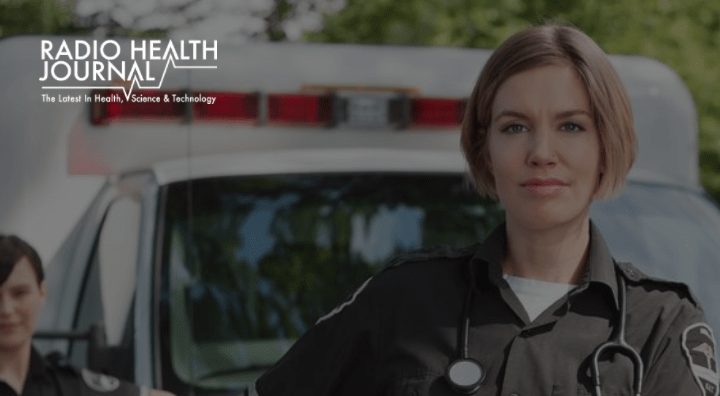
We talk with a former paramedic who describes the "inside story" of being a first responders--explaining the dangers and rewards of the job.

Why the ozone layer is recovering, slowing the natural aging of your lungs by eating fresh tomatoes and apples, and at what age spending habits form.
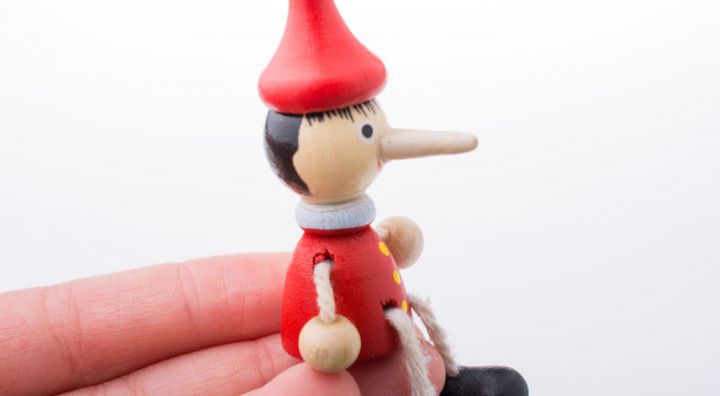
Lies aren’t always bad but as the stakes of lies rise, honesty trumps kindness. Yet few people are ever able to distinguish when they’re being told lies.

SStudies show a rudeness epidemic in the US, and that people are profoundly affected when they experience or even witness it occurring to someone else. Two experts discuss.
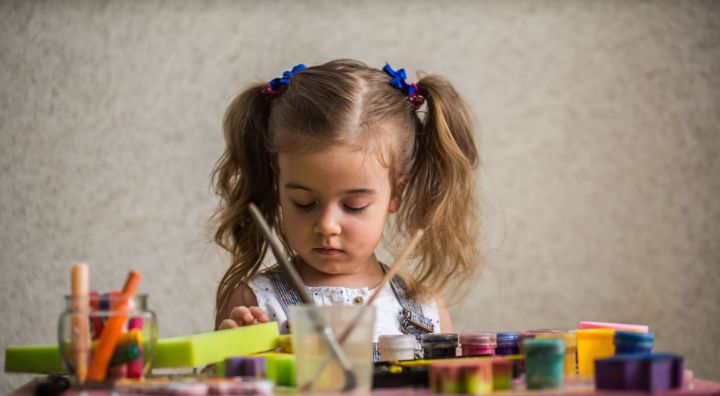
Many people feel that gifted children don't need any help because they're talented, but some have disabilities that are not identified because they are masked by their gifts.
Subscribe to get the latest from Radio Health Journal directly in your inbox.

